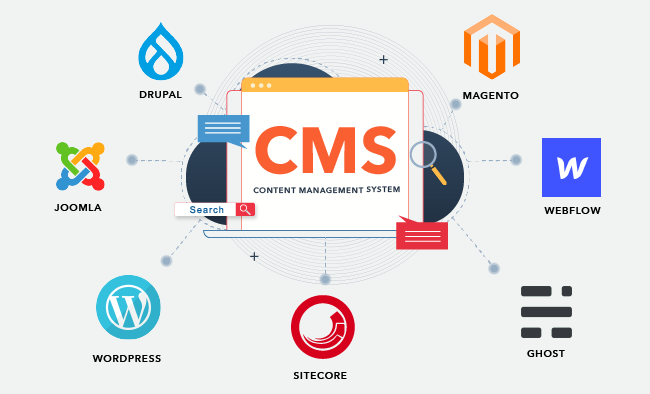The Role of Keywords in Website Ranking

Relevance: Keywords assist search engines in determining the subject matter of your website or individual web pages. You can tell search engines that the information on your website is linked to their keywords by including pertinent keywords in the content, meta tags, titles, headings, and URLs.
This enhances the likelihood that your website will show up in search results when people use those terms.
Organic Traffic: Optimizing your website for high-value keywords can lead to increased organic (non-paid) traffic. When your website achieves a higher ranking in search results for relevant keywords, it gains greater visibility and exposure.
Users tend to click on the top-ranked websites in the SERPs, which generates more traffic to your site. This boost in visibility can potentially translate into higher conversions. Thus, the identification and optimization of high-value keywords play a crucial role in driving targeted organic traffic to your website.
Competition Analysis: Keyword research helps you understand the competitive landscape for specific keywords. By analyzing keyword difficulty and search volume, you can identify keywords that have a reasonable search volume but relatively low competition.
Targeting these keywords gives you a better chance of ranking higher in search results compared to highly competitive keywords.

User Intent: Keywords provide insights into user intent. By understanding the keywords users use to search, you can align your content with their intent. For example, if users search for “best smartphones,” they are likely looking for product reviews or recommendations.
By optimizing your content for such keywords, you can attract users who are in the research or purchase phase, increasing the chances of conversions.
Long-tail keywords: Long-tail keywords cater to niche audiences with their specific and lengthier phrases. Although they may have lower search volumes individually, when combined, they contribute significantly to search traffic. By utilizing long-tail keywords, you can effectively target users with specific interests or needs while encountering less competition.
Integrating long-tail keywords into your content strategy can attract highly relevant and qualified traffic to your website.

User Experience: While keywords are crucial, user experience should remain a priority. Search engines consider factors like bounce rate, time on page, and engagement metrics when determining website rankings. Therefore, it’s essential to create high-quality content that satisfies user intent and provides value.
Natural incorporation of keywords within well-written, informative, and engaging content can enhance the user experience, increasing the likelihood of higher rankings.
Conclusion:
Remember that search engine algorithms are continuously evolving, and they prioritize delivering the most relevant and valuable content to users. It’s essential to focus on a comprehensive SEO strategy that goes beyond keywords, including factors like website design, mobile optimization, page loading speed, backlinks, and social signals. By combining these elements with strategic keyword usage, you can improve your website’s visibility, attract more organic traffic, and enhance your overall search engine ranking.













